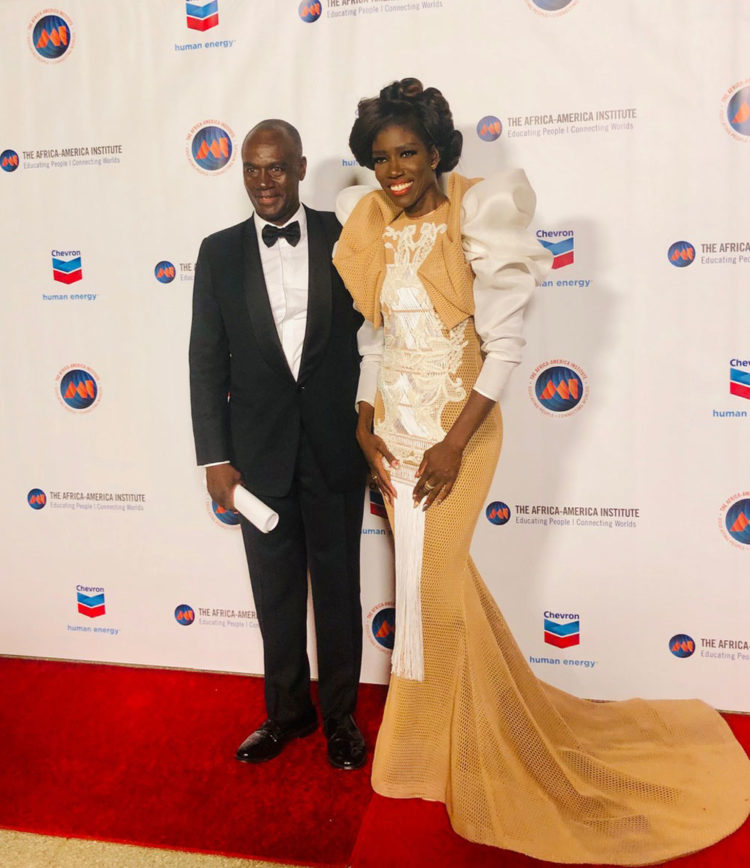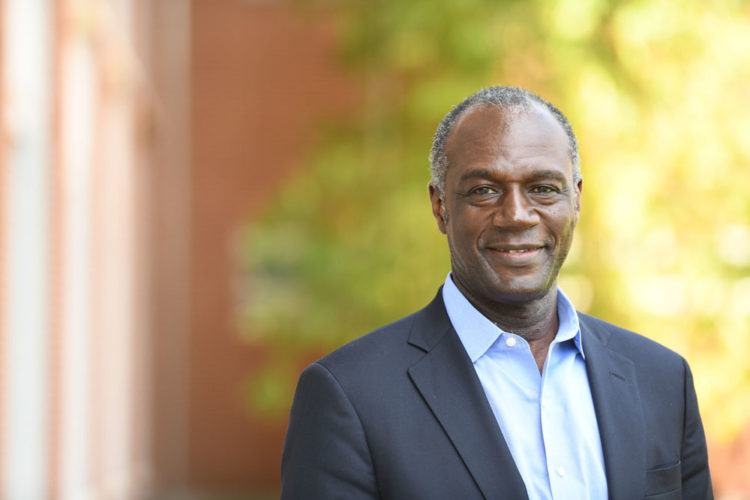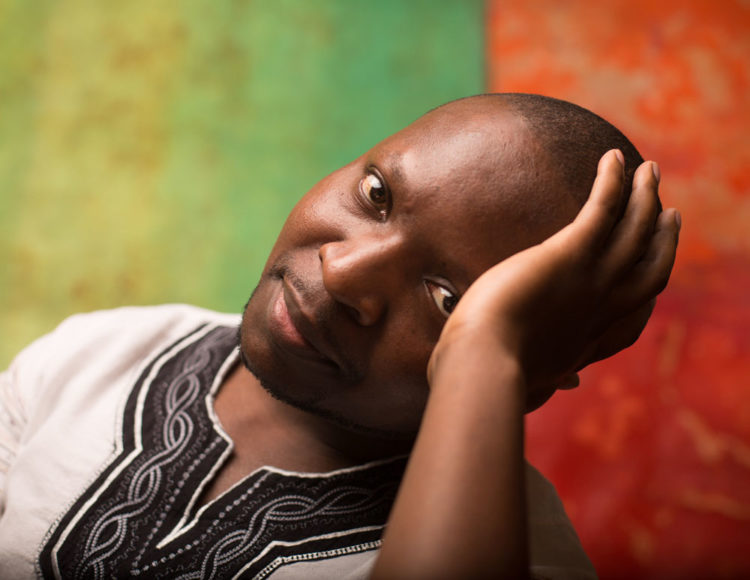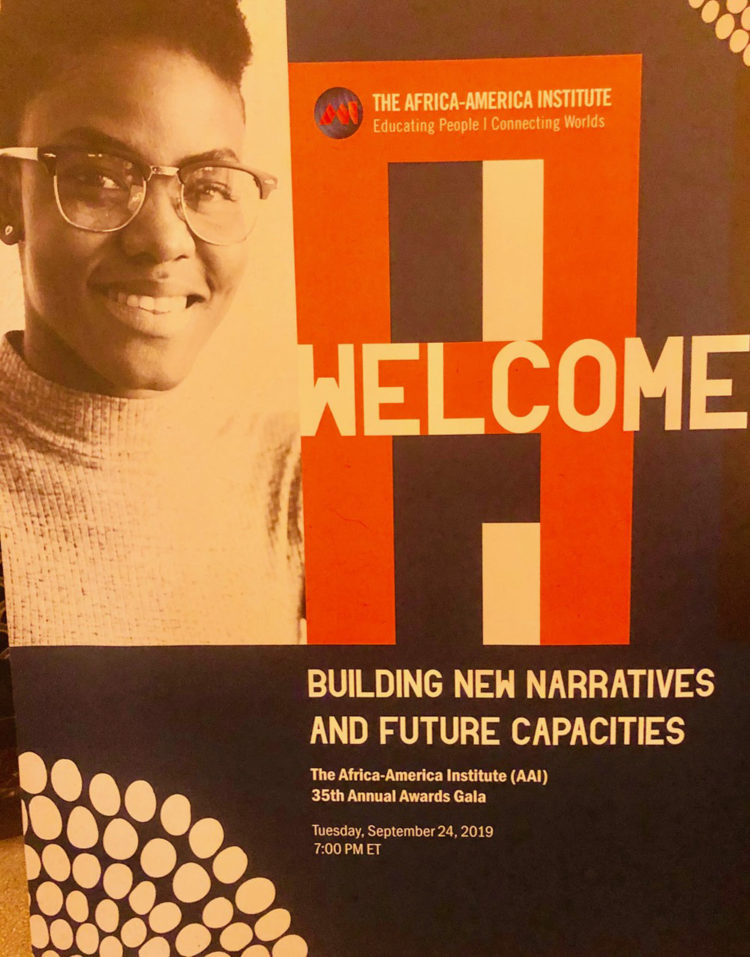One highlight of United Nations General Assembly week in New York was the Africa-America Institute’s 35th Annual Awards Gala, which was held on September 24th at the American Museum of Natural History, in Manhattan’s Upper West Side. The event, beautifully managed by Glow Global Events with music arranged by AfroPop Worldwide, recognized the work of the New York Times Magazine, which received an Excellence in Journalism Award for the much lauded 1619 Project.
The 1619 Project—which comes with a very moving podcast—was conceived as a way for the publication to observe the 400th anniversary of the beginning of slavery in America. According to the Times, “it aims to reframe the country’s history, understanding 1619 as our true founding, and placing the consequences of slavery and the contributions of black Americans at the very center of the story we tell ourselves about who we are.”
In August, the journalist Laura Hazard Owen reported for the Nieman Lab that people were lining up on the streets of midtown Manhattan around the Times headquarters to get free copies of the 1619 Project, a supplement to the paper that quickly became a collector’s item. “The feeling on line was electric,” she reported. “People of all races shared their stories of trying to find this magazine.” Although I am a longtime Times subscriber who received a hand delivered copy at home back in August, I was one of those people who attempted to find additional copies by calling my friends who work at the daily.
Turns out, all the guests who attended the Gala dinner were given a free copy of the 1619 Project, in an elegant gesture by the Africa-America Institute (AAI). Founded in 1953, AAI has given over 16,000 scholarships and fellowships to Africans from all over the continent. Some of the more famous alumni include Cyril Ramaphosa, President of South Africa, Alassane Ouattara, President of Côte d’Ivoire, and the late Nobel Peace Prize Laureate Wangari Mathaai.
The Master of Ceremonies for this year’s event was Bozoma “Boz” Saint John, the Chief Marketing Officer at Endeavor, the entertainment, sports and fashion management company. Soon after she got on stage, she said she was born in the United States, but was originally from Ghana. As one of the more visible faces of the “Year of Return, Ghana 2019” movement declared by Ghana President Nana Akufo-Addo, Boz has become known this year as a leader in the quest to unite Africans on the continent with Afro-descendants in the diaspora.
Kofi Appenteng, the President of AAI, was actually born in Accra. He spoke about bringing people together. The event also recognized William Kamkwamba, the Malawian inventor and author who built, at age 14, an electricity-producing windmill from spare parts and scrap. I met him as he arrived at the Gala. I congratulated him on the success of Chiwetel Ejiofor’s Netflix film The Boy Who Harnessed The Wind, which is based on Kamkwamba’s autobiography. Modest to a fault when told of his achievements, he said he was living between the US and Malawi.
The other honorees were Ann Therese Ndong-Jatta, the director of UNESCO’s multi-sectorial office for East Africa, and Phumzile Mlambo-Ngcuka, the United Nations Under Secretary-General and executive director of UN Women. The evening concluded with a celebration of the people of Angola, in a reminder that 400 years ago, the first enslaved Africans arrived from modern-day Angola to the Virginia shores of what would become the US. “We recognize and celebrate the people of the Republic of Angola and their descendants who helped build the United States of America.”




